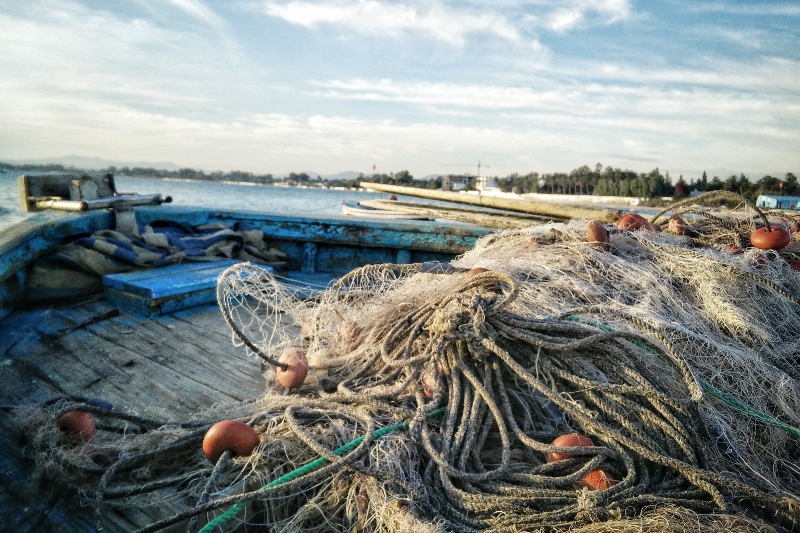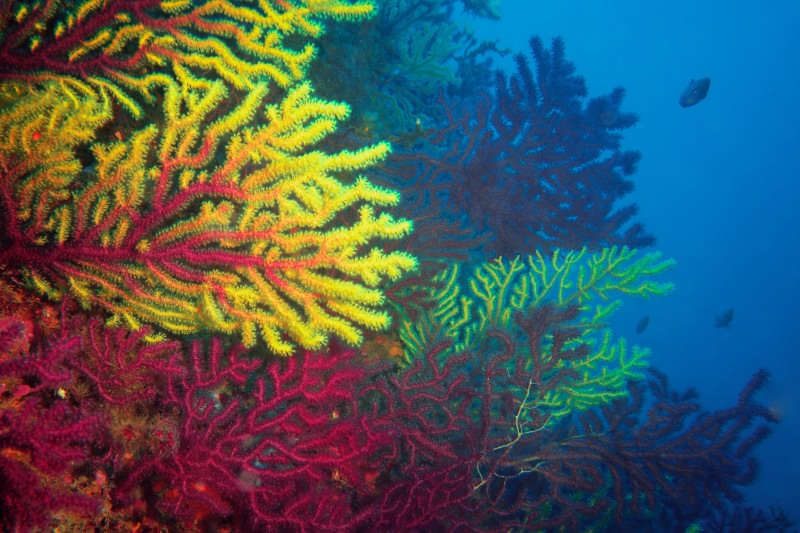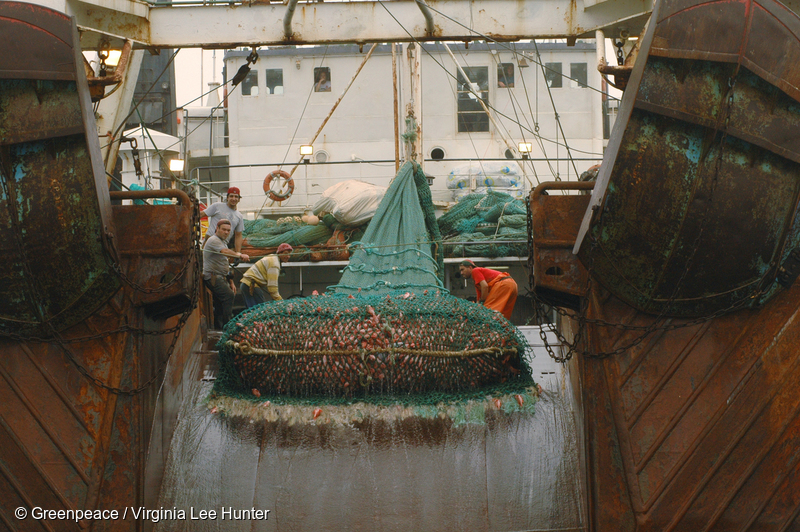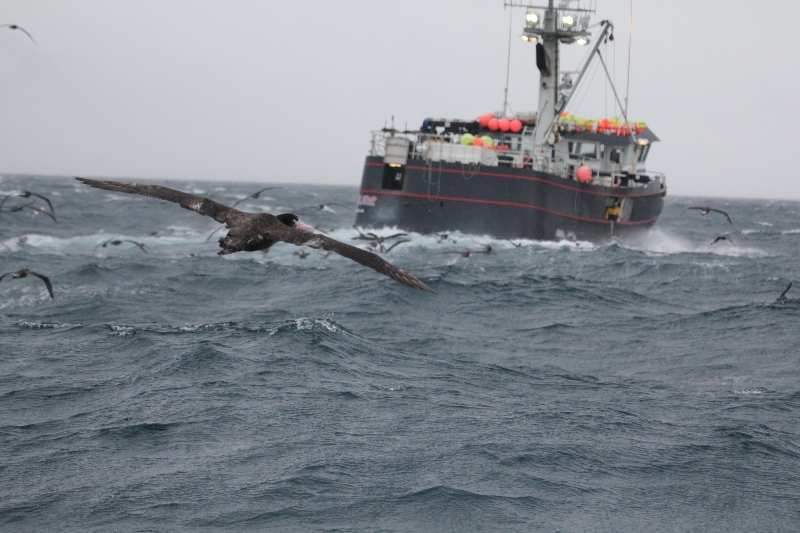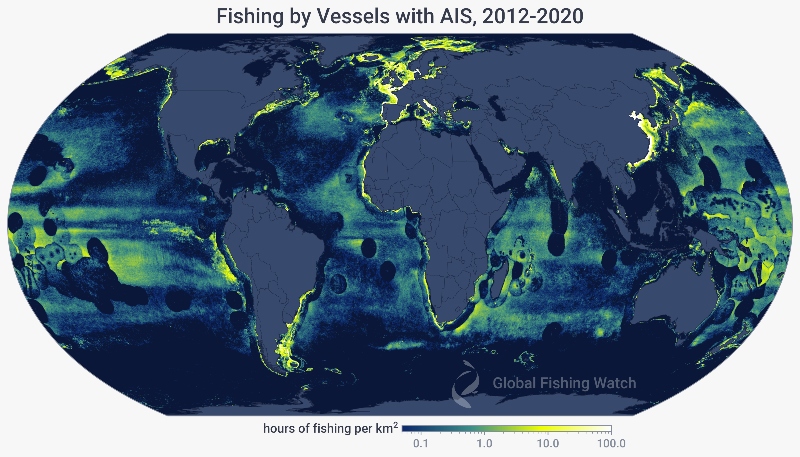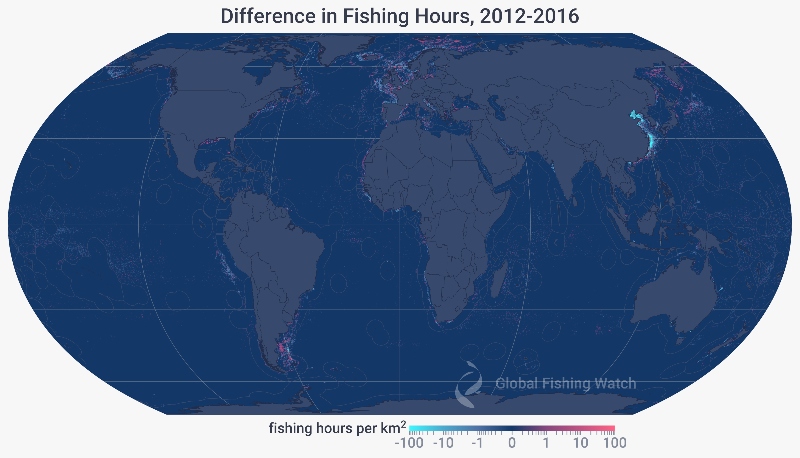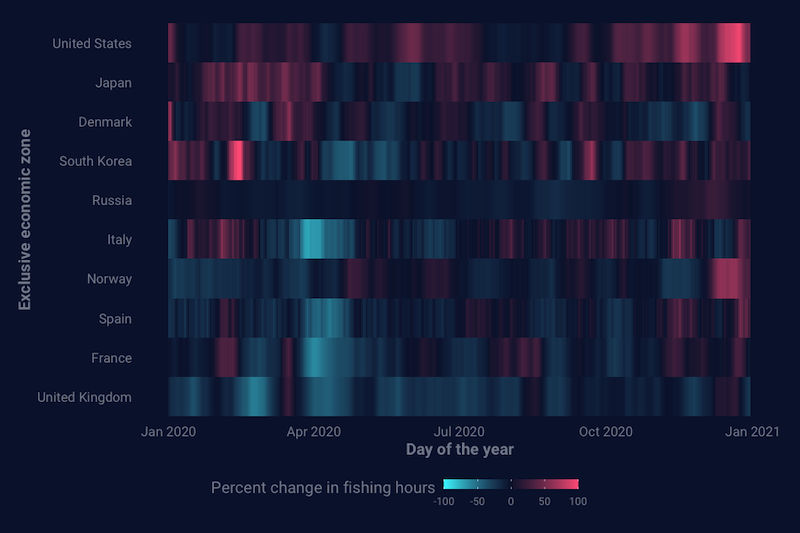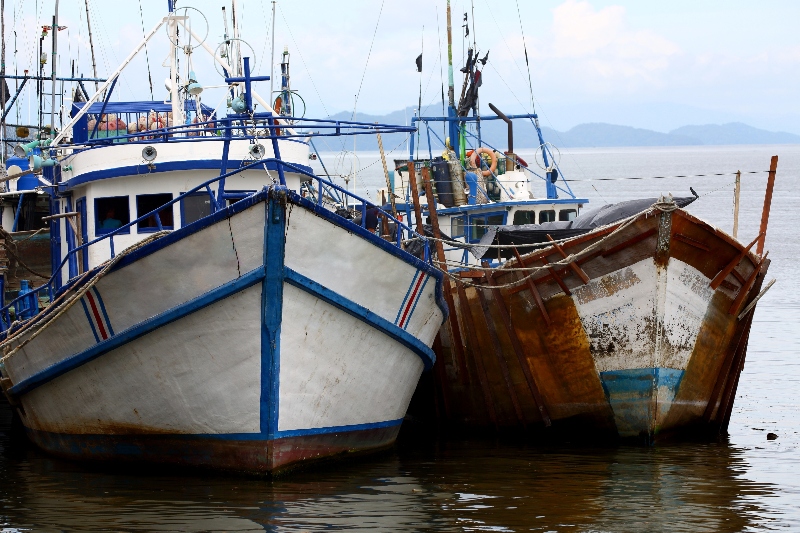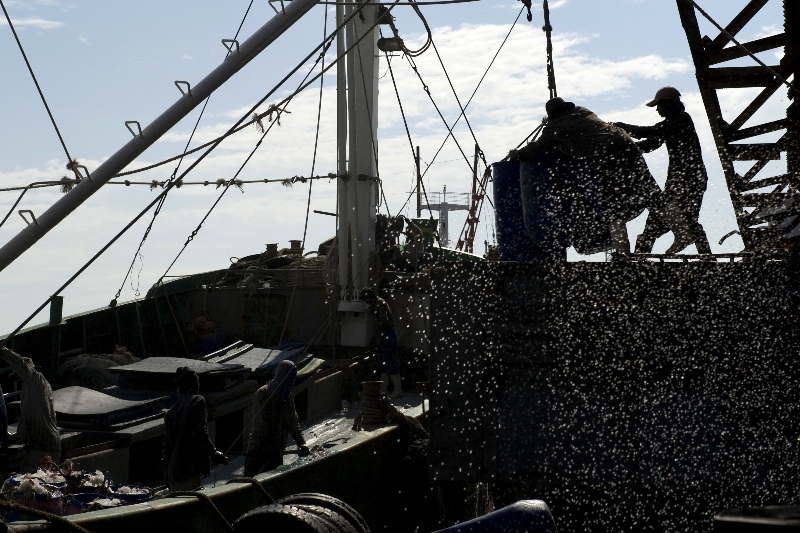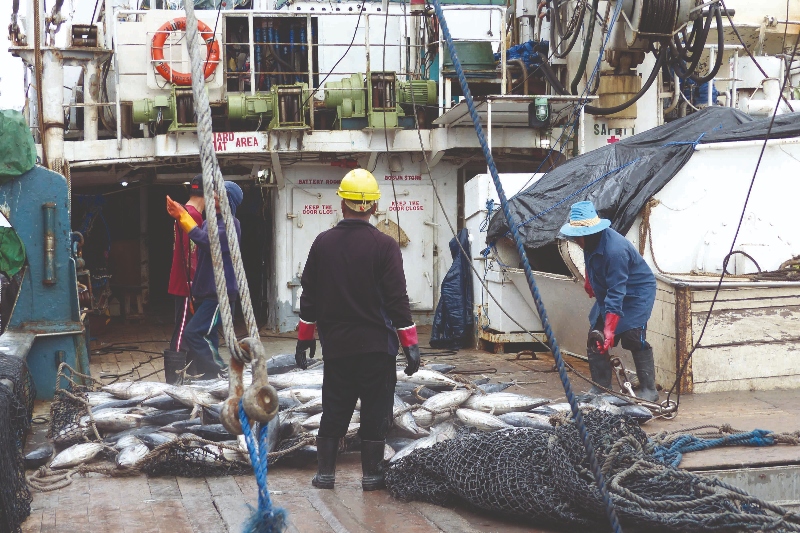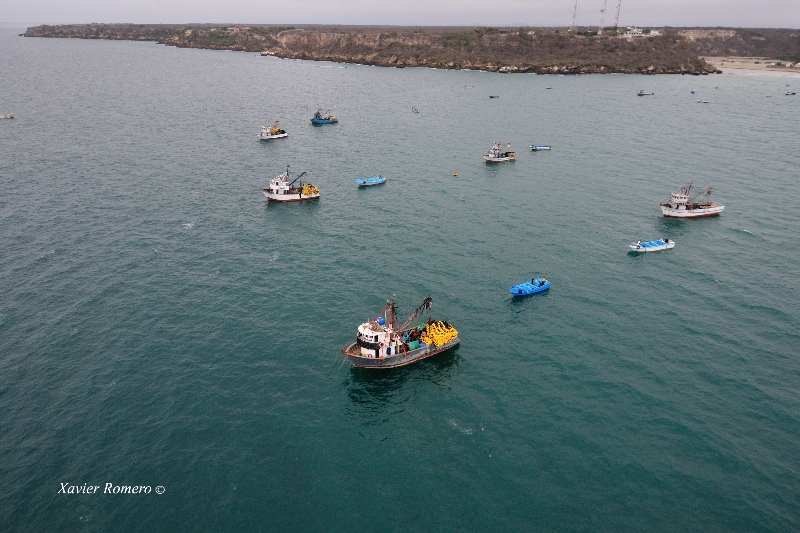Is every point I see on the map fishing activity?
When you select an ‘Apparent fishing effort’ layer within the side panel, every grid cell on the map is displaying the intensity of apparent fishing activity as recognized by our algorithm. To explore other types of human activity, select the ‘Vessel presence’ layer on the left sidebar.
Is every point I see on the map fishing activity? Read More »
